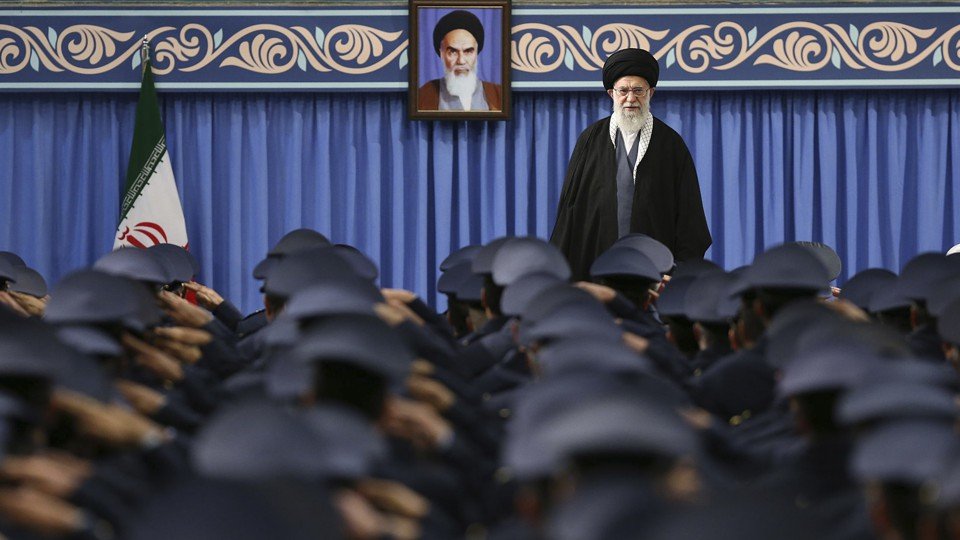(The Atlantic) “When your enemy is making a mistake,” Napoleon purportedly cautioned, “never interrupt him.” In recent months the Islamic Republic of Iran has been battered by accumulating crises—including a collapsing currency, an irrepressible citizen’s-rights and feminist movement, and persistent labor strikes—that have called into question its continued viability. It is increasingly evident that the Trump administration’s goal, as outlined most recently by Secretary of State Mike Pompeo, is to exacerbate these crises to hasten either an Iranian capitulation or political implosion. While Iran’s positive political transformation is a worthy goal, the Trump administration’s reckless execution of this strategy could serve to resuscitate an ailing regime. […]
In their research on the “Durability of Revolutionary Regimes”— those which emerge out of “sustained, ideological, and violent struggle from below”—political scientists Steven Levitsky and Lucan Way show that regimes spawned by popular revolutions—including the former USSR, Cuba, and Iran—usually share four attributes that enhance their durability: “(1) the destruction of independent power centers; (2) cohesive ruling parties; (3) tight partisan control over the security forces; and (4) powerful coercive apparatuses.” All four apply to Iran. These attributes help to “inoculate revolutionary regimes against elite defection, military coups, and mass protest—three major sources of authoritarian breakdown.” […]
Read More © The Atlantic











